Aging is inevitable and so are the health problems that can result from aging. That is because your body is weaker, your immune system is not as strong as it was when you were younger, and your cells are slower to repair and regenerate. That was not the case when you were younger.

Therefore, you are more prone to developing age-related ailments. What the most common health problems that seniors are known to develop? Let’s go over the 13 most common health issues that those in their 60’s can start developing.
#13 – Arthritis
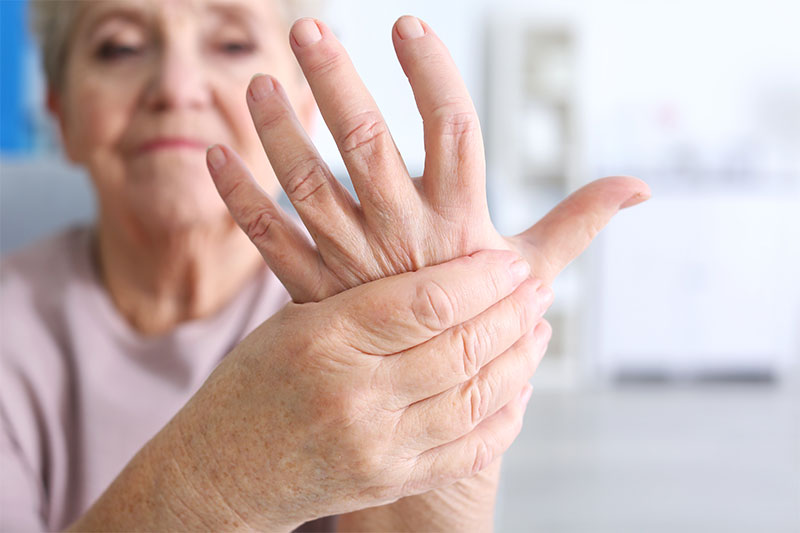
Arthritis is a common ailment that those who are 60 and older can start developing. It is due to the joints not being as functional, and cartilage, as well as tendons, are breaking down as well. This will result in inflammation of the joints and the surrounding areas which usually is a result of age.
There are different types of arthritis as some types have nothing to do with age and can be due to autoimmune disorders. However, arthritis can be a cause for reduced quality of life for many seniors since they suffer from a lot of pain as well as reduced mobility from it.
#12 – Heart Disease

As you age, the heart muscles will become weaker. However, if you don’t have heart disease in your family history and you are taking good care of your body and health, then you may still have a strong heart even in your 60s. This is why eating healthily, limiting sugar and trans fats and getting exercise are very important from a younger age.
#11 – Cancer

There are many types of cancer and as the immune system weakens as you age, the likelihood of developing any type of cancer increases. Sure, anyone can end up with cancer at a much younger age. However, the risk is always greater once you hit your 60s. This is why it is important to keep up with mammograms, skin checks, and colonoscopies after the age of 40, and definitely 50. If there is a family history of cancer, then the checkups need to happen sooner.
#10 – Respiratory Disorders
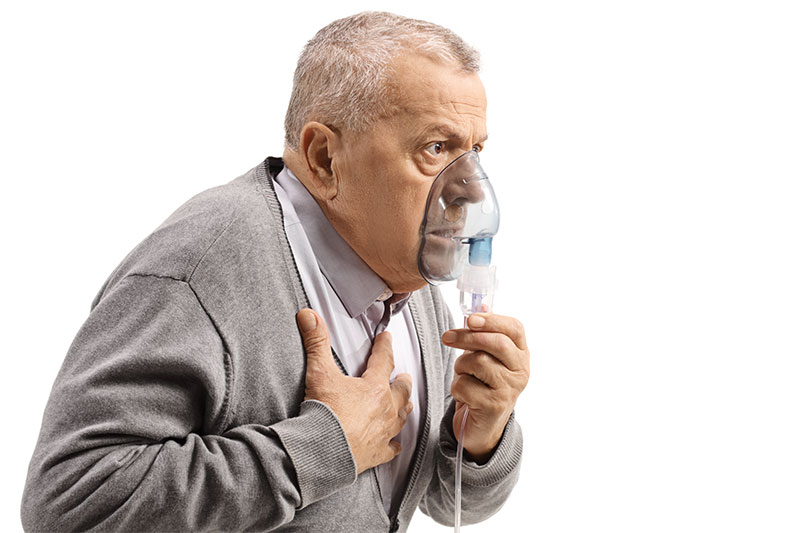
The respiratory system becomes weaker as you age, and therefore, the risk is higher that you could develop a lower respiratory disease that is chronic. This also means you may be more susceptible to illnesses such as pneumonia and bronchitis. If you are a smoker, you are increasing your chances of it even more.
#9 – Dementia
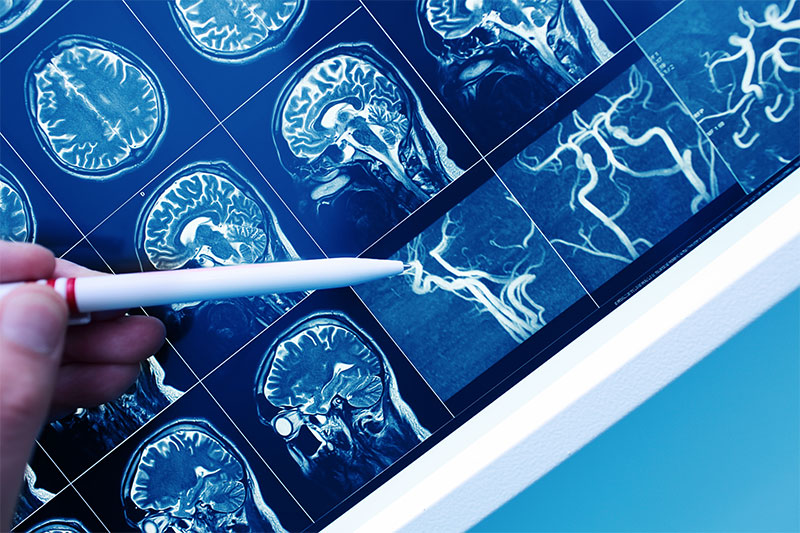
What happens is that plaque can develop in the brain and in the nervous system as you age which is why seniors can be prone to developing age-related neurological conditions such as dementia or Alzheimer’s disease. If there is a family history of it, then the chances are even greater that it can happen to you. However, if you take good care of your health, then the odds are in your favor that you may escape it altogether unless again, there is genetics involved.
#8 – Osteoporosis

Osteoporosis is due to the weakening of bones as you age, and this can cause bones to become brittle and shrinkage. If you consume a lot of calcium and vitamin D from earlier ages, then you have a good chance of not developing this bone condition. However, if it is genetic, it may be harder to stave off.
#7 – Type 2 Diabetes
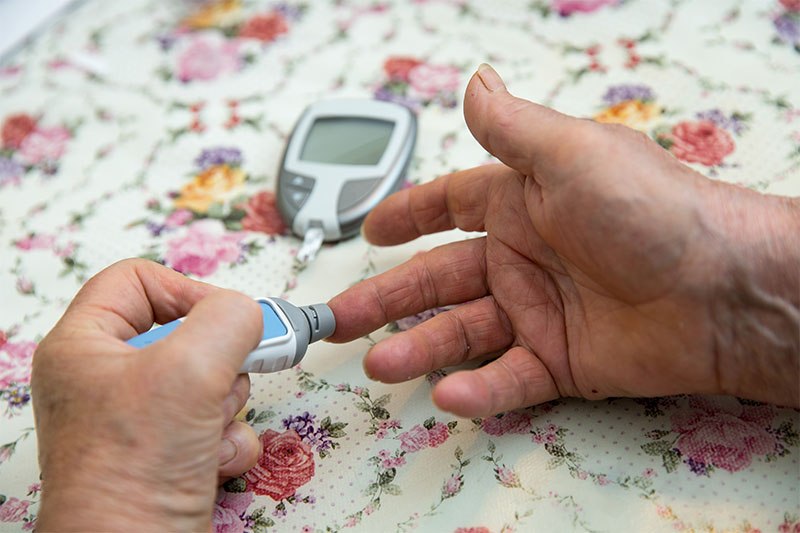
Type 2 diabetes is a major problem for a lot of people as they age as it is a result of the pancreas not being able to release as much insulin as needed to break down sugar. This can lead to high blood sugar that can result in various other serious issues if it is not controlled such as blindness and loss of limbs.
This is why keeping a healthy lifestyle with healthy eating and exercise is important to do so when you are young. And if there is a family history of diabetes, it is even more important.
#6 – Obesity

As you age, your metabolism slows down and therefore, weight gain happens easily. This is why it is highly important to live a healthy lifestyle and reduce your daily caloric intake as you do age to prevent obesity. Obesity can lead to diabetes, heart disease, high blood pressure, and cancer.
#5 – Depression

Depression can happen to anyone regardless of their age. However, seniors can be quite prone to it if they do not have family and friends around. Depression is serious as it can reduce the quality of life. However, it can also reduce immune function which means that infections and other illnesses can happen more easily.
#4 – Poor Oral Health
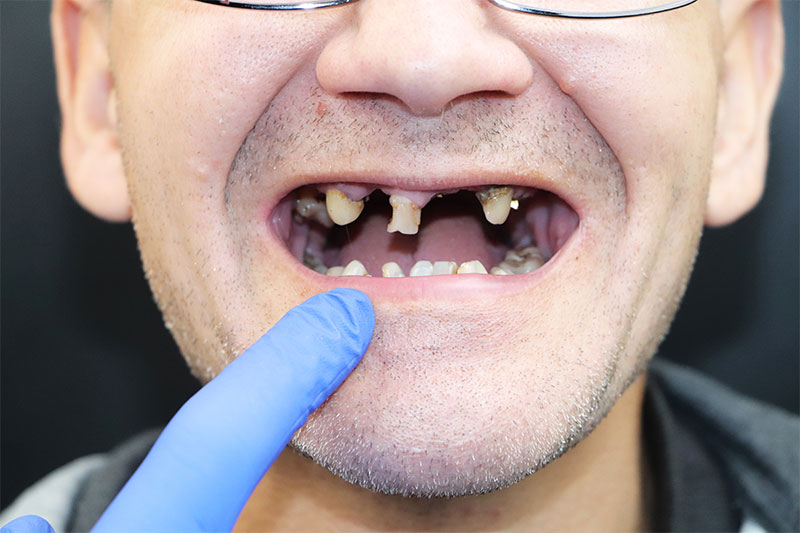
As you get older, your mouth becomes drier and it is the saliva that helps reduce the risk of cavities and other oral health problems. However, with less saliva being produced, developing oral health problems is more likely such as gingivitis of the gums. Poor oral health can also increase the chances of other illnesses such as heart disease. It is important to keep up with dental checkups on a regular basis.
#3 – Risk Of Falls
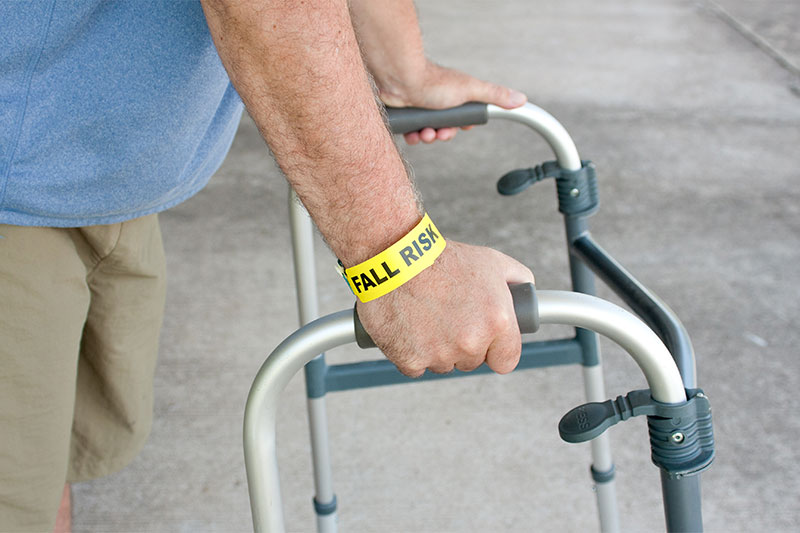
Seniors can lose their balance easier than their healthy younger counterparts, and with their bones being more brittle, this can result in some serious injuries. This is also why seniors need to exercise daily in order to keep strong and to maintain better coordination.
#2 – Influenza

Because seniors have poorer immune systems, they can catch the flu more easily and it can be quite serious and deadly if they are not taking care of themselves. This is why it is important that they get the flu shot each year and do what they can to stay healthy by living a healthy lifestyle. This way if they do get the flu, they won’t get so badly hit and will recover.
#1 – Poverty

Seniors are at risk for living in poverty because of not being able to work, or if they are, they will end up with low paying jobs. However, this is a risk because they will not be able to pay their medical bills. This is why many seniors end up having to become financially dependent on their kids. It is important to save as much as you can at a younger age so you do not end up living in poverty.
However, just because there is a higher risk of any of these health issues happening as you age, it does not mean it will. It all depends on how well you take care of yourself at a younger age! And if you know that some of these conditions may be genetic, then you can take extra precautions to reduce the chances of it happening to you.


